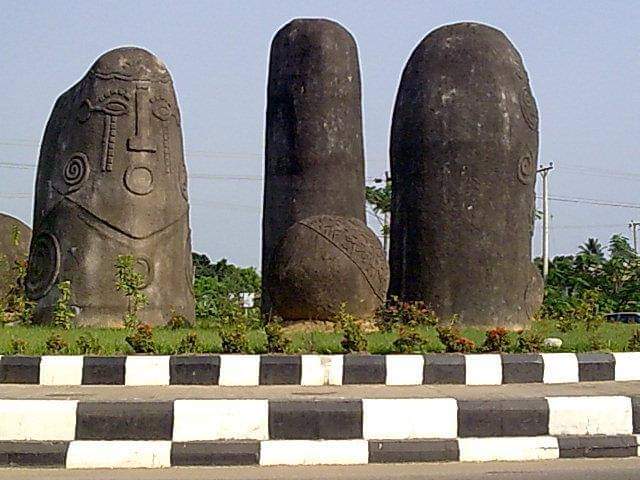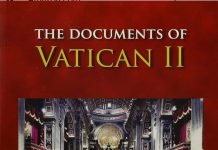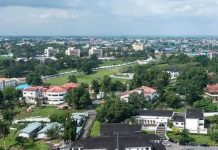Agreed that Calabar naturally and geopolitically comprises three(3) distinct voluntarily associated or socially integrated ethnic nations that are specifically dissimilar in origins, history, experience, ethos, preoccupations and language. A people who over time have lived in peace as “aboriginal neighbours” against every form of sentiment, cynicism, sagregation, ignorance, greed, pride, prejudice, politics or ego massaging that hitherto seek to divide them along tribal lines.
Yet, we [interested and/or concerned Efik writers, researchers/ scholars] cannot, for “historical records sake” or “future reference purposes” ignore or allow it to go-unchallenged, the clearly perceived erroneous and albeit provocative social media claim or printed publication by unguided anti Efik critics… that, “Calabar is predominantly Qua”. Thus justifies the subject of this post as one that seeks to effect correction in such printed social media misinformation, from the point of knowledge and History.
History informs that the Efut and Quas’ arrival and naturalization in Calabar in later years was predated by the presence of the Efik they met and accepted as pioneer settlers cum original landlords/hosts, to whose “sovereignty” and “monarchy” they (Qua and Efut) voluntarily and officially bowed loyally to (though not in the context of master -servant/slave relationship as one would have otherwise thought with respect to the meaning of the Efik word Ebefa, in relation to Efik ancient Kings and their slaves/commoners from the 13th to 19th Centuries).
Empirically, it is recorded that Calabar (broadly christened as the Capital of The People’s Paradise or Cross River State of Nigeria as officially known) is politically divided into Calabar Municipal and Calabar South Local Government Areas for political and administrative conveniences that constitutionally favour the effective delivery of [quality] public service to the locals through good governance practices and dividends of democracy earned by effective representation/leadership by those in power or government at all levels.
Also, that Efik has more officially recognized clans with certificated village/clan heads than the Quas and Efut in both Calabar Municipal and South. Thus, if clans are determined by the number of people and made of villages or locals of mainly similar ancestral origins as kin or people of the same ethnic nationality , it is no speculation or mere assumption but common sense/ logic to understand by premises that it amounts to vain claim for anyone to think [otherwise] that Calabar is predominantly Quas.
Finally, while the motif of this post is far from segregation, divisive talks or bid to join issues with anyone who presumably set at the corner as an armchair critic to engage the author in a futile debate or dissipate useful intellectual energy in vindictive comment or negative criticism that ends as “ceremonial showpiece” in Social Media archive/”academic thrash can”, I conclude with entreaty and maturity that users always mind to inform “others” from “the point of knowledge” than sentimentally or cynically do so… from the point of ignorance or witty incitement of others with malicious falsehood/libel.
©Holyns Hogan 2021










